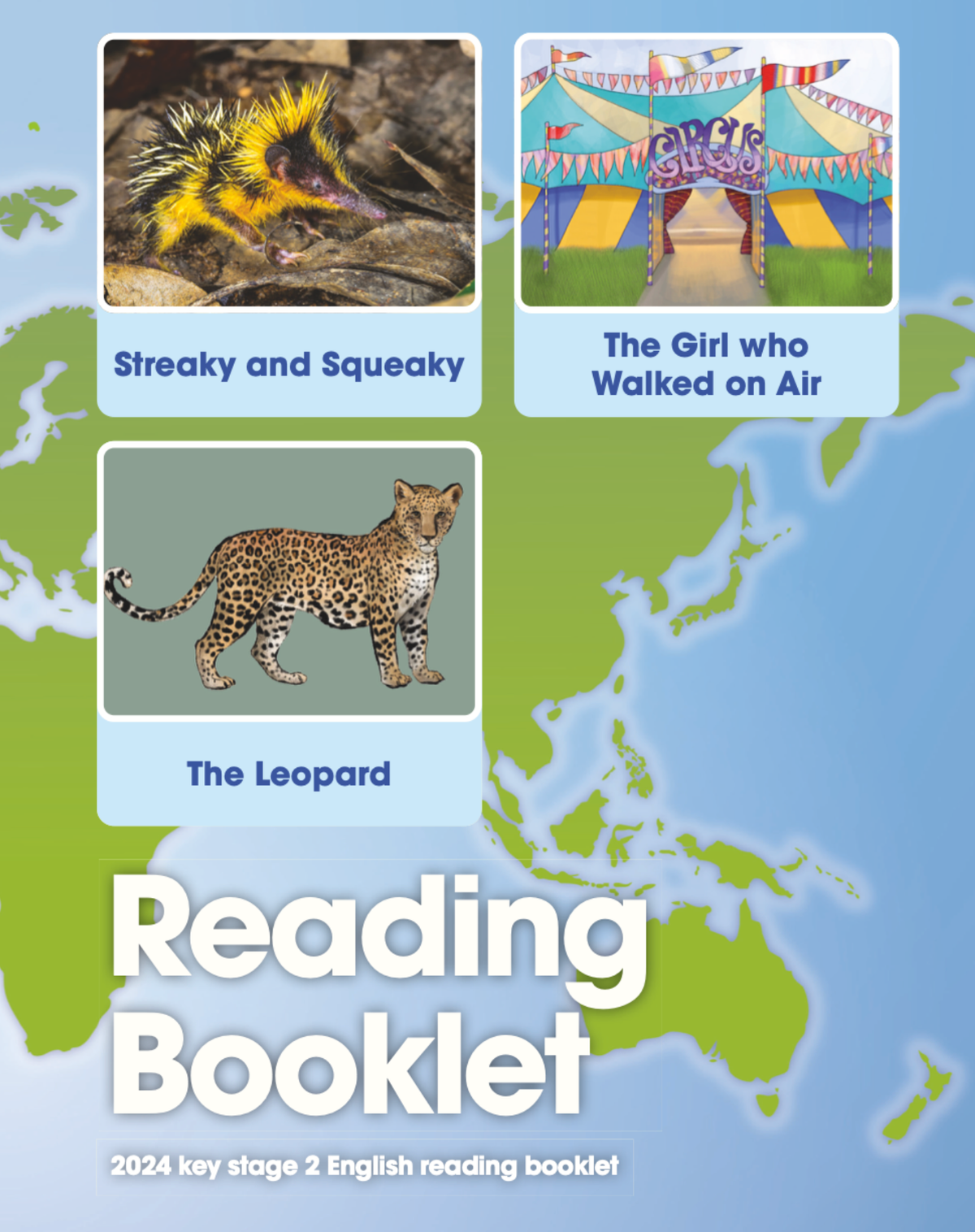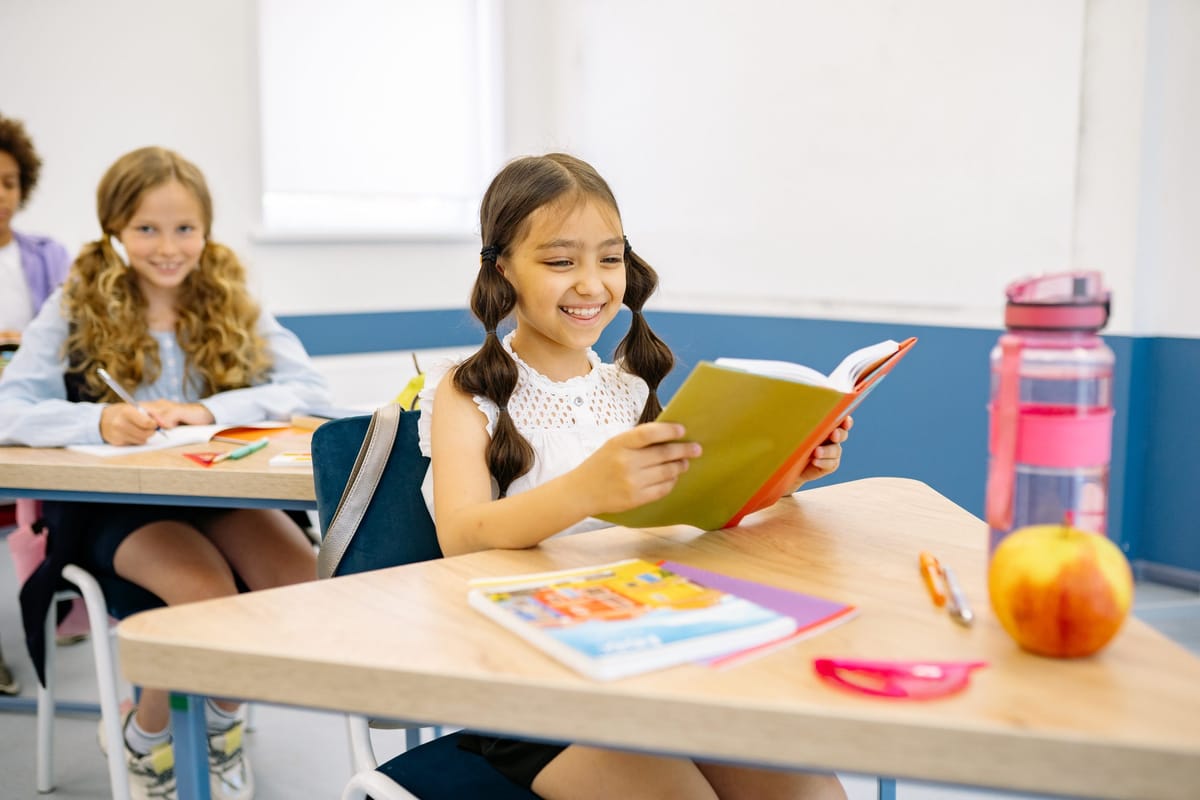
6 strategies to support reading for students with SEND
Shared reading is vital for every student to succeed in education. Reading in the classroom helps build knowledge, develop ideas, boost vocabulary, fuel creativity, and so much more. But we know that some students with additional special educational needs can struggle to develop their reading comprehension and engage in shared












